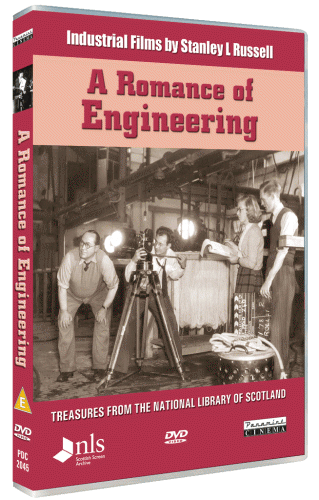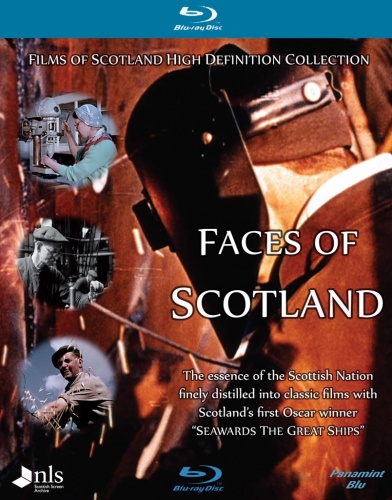Stanley Livingstone Russell, a Glaswegian born in 1905, had trained in law. His passion however was film making. With Jack Robertson and others, Russell formed the Meteor Film Producing Society in 1932 and became its Secretary. Through Meteor, they organised the Scottish Amateur Film Festival. First held in 1933, it claimed not only to be the first of its kind in Scotland, but also the world. Emboldened by the success of his hobby, amateur cinema, he decided to move into professional film making. At the time, it was said of Russell, that with his good-looks, tall stature and snappy dress-sense, he could have been a film star- but his passion for film lay behind the camera. In May 1936, he joined inventor and entrepreneur Malcolm Irvine’s production company Scottish Films. The company, established in 1928, with studios in Glasgow’s India Street had started out to make silent films, but the advent of ‘talkies’ soon afterwards had hit the young company hard. Irvine had designed and built a sound recording system to enable Scottish Films to compete in the new world of talking pictures. However work on his home made system, Albion Truphonic, and the associated costs of re-equipping for sound production had slowed the production of films. Russell’s appointment was designed to re-energise the company. |
2 March 2021
Posted in Documentary

